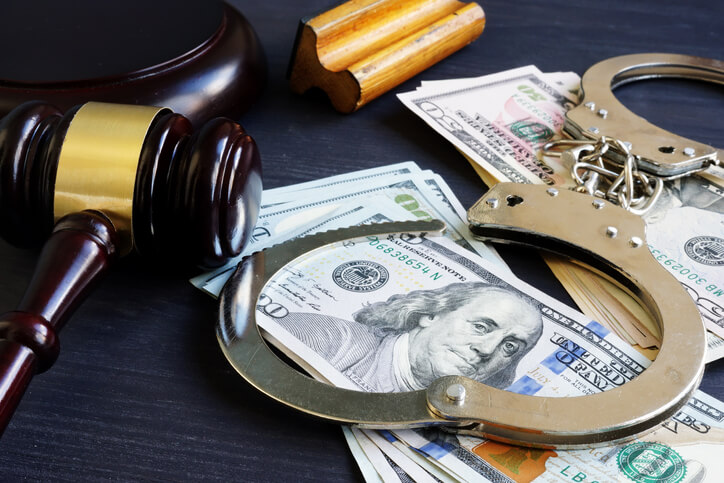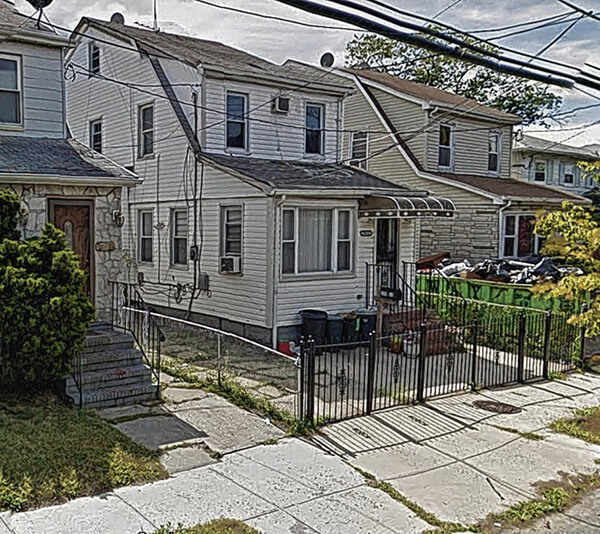Four members of an international smuggling ring, including three Queens residents and one from Brooklyn, were indicted in federal court Thursday for allegedly trafficking over $130M in counterfeit goods to the U.S. from China.
A 14-count indictment was unsealed in Brooklyn federal court charging seven defendants with participating in a counterfeit goods scheme in which they imported generic goods into the United States, applied brand labels to those goods in workshops, some of which were controlled by the defendants, and then sold those counterfeit-branded goods to retail and wholesale purchasers, according to federal prosecutors.
Merchandise included Fake UGG Boots, Nike Air Jordan Sneakers, Timberland Boots and Beats Headphones.
The charges against the defendants include conspiracy to traffic and trafficking in counterfeit goods and money laundering.
Four of the defendants were arraigned Thursday, Aug. 12 before United States Magistrate Judge Sanket J. Bulsara, and each was released on a $20,000 bond.
“As alleged, the defendants trafficked in counterfeit merchandise that they fraudulently branded as genuine to pass off to purchasers in the United States at a purported retail value of more than $130 million,” Acting U.S. Attorney Jacquelyn M Kasulis said. “This office and its law enforcement partners are committed to protecting consumers from paying retail prices for phony merchandise and to holding defendants accountable for their greed.”
Defendants Hai Long Zhou, 53, Yan Xue Huang, 50, and Jian Feng Yang, 57, are from Queens, and Saiyin Hou, 25, is from Brooklyn. The three additional defendants remain at large.
As alleged in the indictment, between October 2019 and July 2021, the defendants imported the goods in generic form from China into the Port of New York and New Jersey.
The goods were then delivered to workshops and storage facilities controlled by some of the defendants in Queens and on Long Island.
In those workshops, insignias, emblems, trademarks, and other brand signifiers were applied to the generic goods, converting them into purported brand name merchandise. These counterfeit goods were then sold as part of the scheme directly to consumers and to wholesale buyers.
These counterfeit goods were then sold as a part of the scheme directly to consumers and to wholesale buyers.
“In addition to their detrimental effect on our economy, counterfeiting networks such as this one poses a threat to our national security and public safety by introducing products that often contain harmful materials and substances,” Homeland Security Investigations Special Agent-in-Charge Peter C. Fitzhugh said. “HSI and CBP are uniquely positioned to combat these organizations and, along with our partners at the NYPD, will work tirelessly to protect New York City and the Homeland.”

































